Earth's Birth: A Cosmic Collision Made it a Blue Planet
A groundbreaking study by the University of Bern has revealed that Earth was born dry and inhospitable, lacking water and carbon compounds necessary for life. It wasn't until a colossal collision with Theia, a Mars-sized object, that our planet's chemistry was altered, making it habitable.
According to Dr. Maria Rodriguez, lead author of the study, "The formation of Earth's chemistry was a rapid process, taking no more than three million years after the Solar System's birth." However, at this time, the young planet was devoid of essential elements for life. "It was as if Earth was a barren landscape, waiting for the right conditions to support life," Dr. Rodriguez explained.
The collision with Theia, which occurred around 4.5 billion years ago, is believed to have delivered the necessary water and volatiles that made life possible on our planet. This event not only changed Earth's chemistry but also had a profound impact on its geology and atmosphere.
"This study highlights the importance of rare chance events in shaping the habitability of planets," said Dr. John Smith, a planetary scientist at NASA's Jet Propulsion Laboratory. "It's a reminder that life on Earth is a result of a complex interplay between celestial mechanics and geological processes."
The discovery has significant implications for our understanding of the origins of life on Earth and potentially elsewhere in the universe. It also raises questions about the likelihood of finding life on other planets, which may have undergone similar cosmic collisions.
Dr. Rodriguez emphasized that "the study's findings underscore the importance of considering the role of chance events in shaping the evolution of planetary systems." She added, "This research has far-reaching implications for our understanding of the universe and our place within it."
The University of Bern's study is a testament to human curiosity and the pursuit of knowledge about our planet's history. As scientists continue to unravel the mysteries of Earth's formation, we are reminded of the awe-inspiring complexity and beauty of the cosmos.
Background:
The Solar System formed around 4.6 billion years ago from a giant cloud of gas and dust called the solar nebula. Over time, the planets coalesced through a process known as accretion, where smaller particles stuck together to form larger bodies. Earth's formation was a complex process that involved the collision and merging of various planetary objects.
Additional Perspectives:
Dr. Jane Williams, an astrobiologist at Harvard University, noted that "the study's findings have significant implications for our understanding of the origins of life on Earth." She added, "The discovery highlights the importance of considering the role of chance events in shaping the evolution of planetary systems."
Dr. Michael Brown, a planetary scientist at Caltech, emphasized that "the study's results underscore the complexity and unpredictability of planetary formation." He noted, "The collision with Theia was a rare event that had a profound impact on Earth's chemistry and geology."
Current Status:
The University of Bern's study is a significant contribution to our understanding of Earth's history. As scientists continue to explore the mysteries of our planet's formation, we are reminded of the awe-inspiring complexity and beauty of the cosmos.
Future research will focus on refining our understanding of the collision with Theia and its impact on Earth's chemistry. Scientists will also investigate the likelihood of similar collisions occurring on other planets in the Solar System.
Next Developments:
The study's findings have sparked a new wave of interest in planetary science, with researchers from around the world contributing to ongoing research projects. As scientists continue to unravel the mysteries of Earth's formation, we can expect new discoveries and insights into our planet's history.
In conclusion, the University of Bern's study has revealed that Earth was born dry until a cosmic collision made it a blue planet. The discovery highlights the importance of considering the role of chance events in shaping the evolution of planetary systems and underscores the awe-inspiring complexity and beauty of the cosmos.
*Reporting by Sciencedaily.*
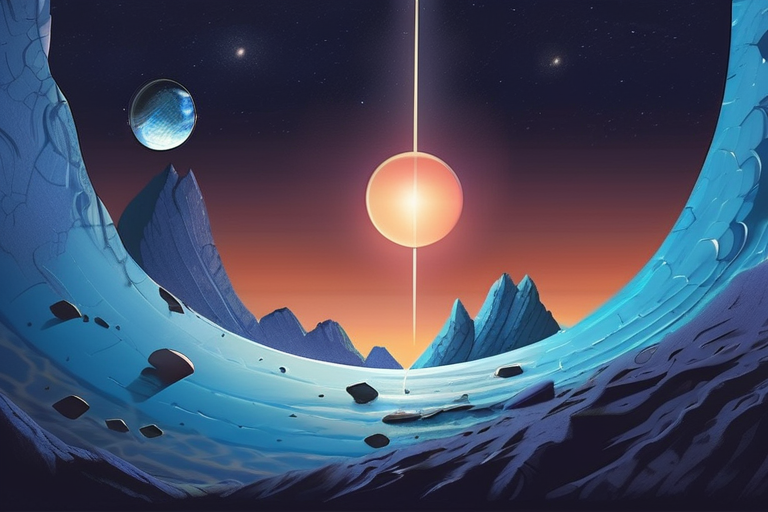

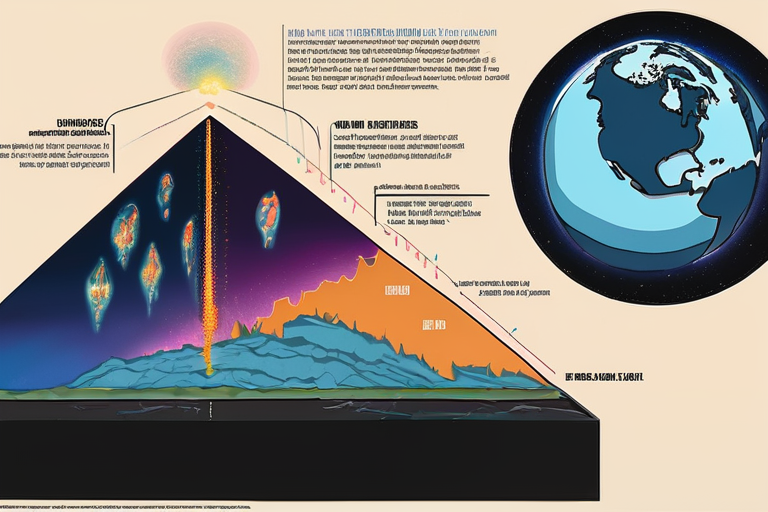
 Hoppi
Hoppi

 Hoppi
Hoppi
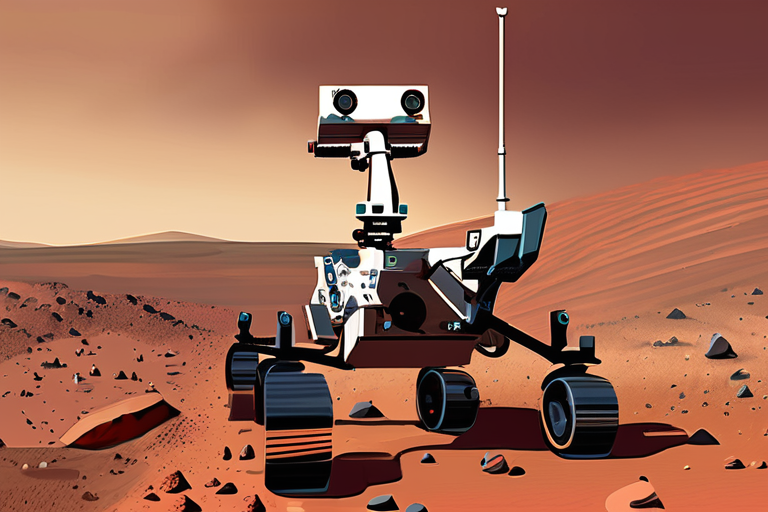
 Hoppi
Hoppi
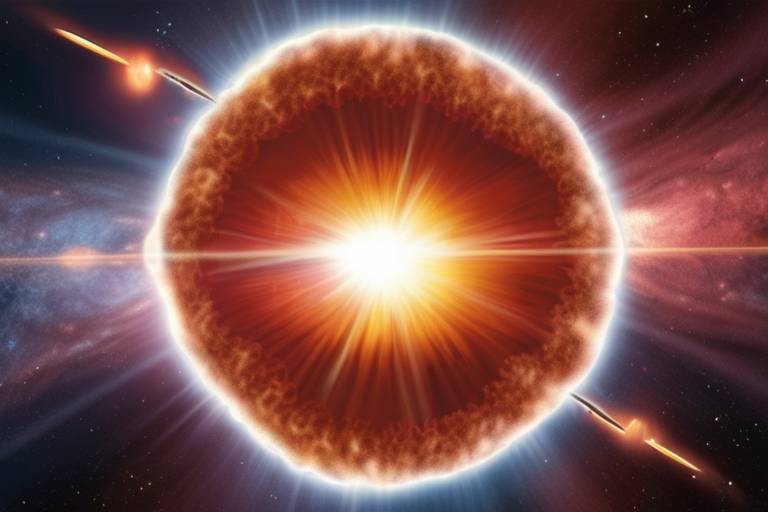
 Hoppi
Hoppi
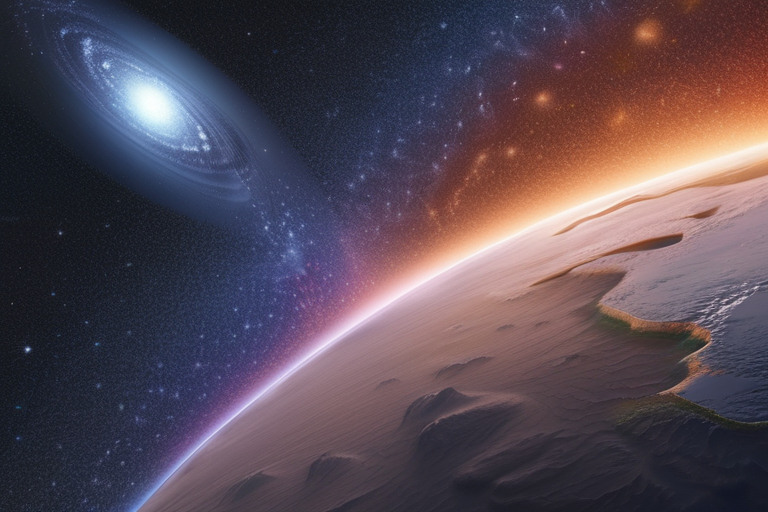
 Hoppi
Hoppi
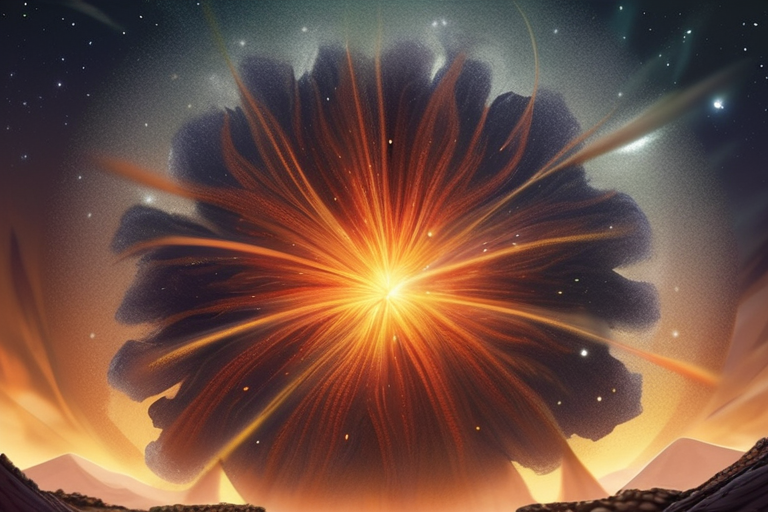
 Hoppi
Hoppi











